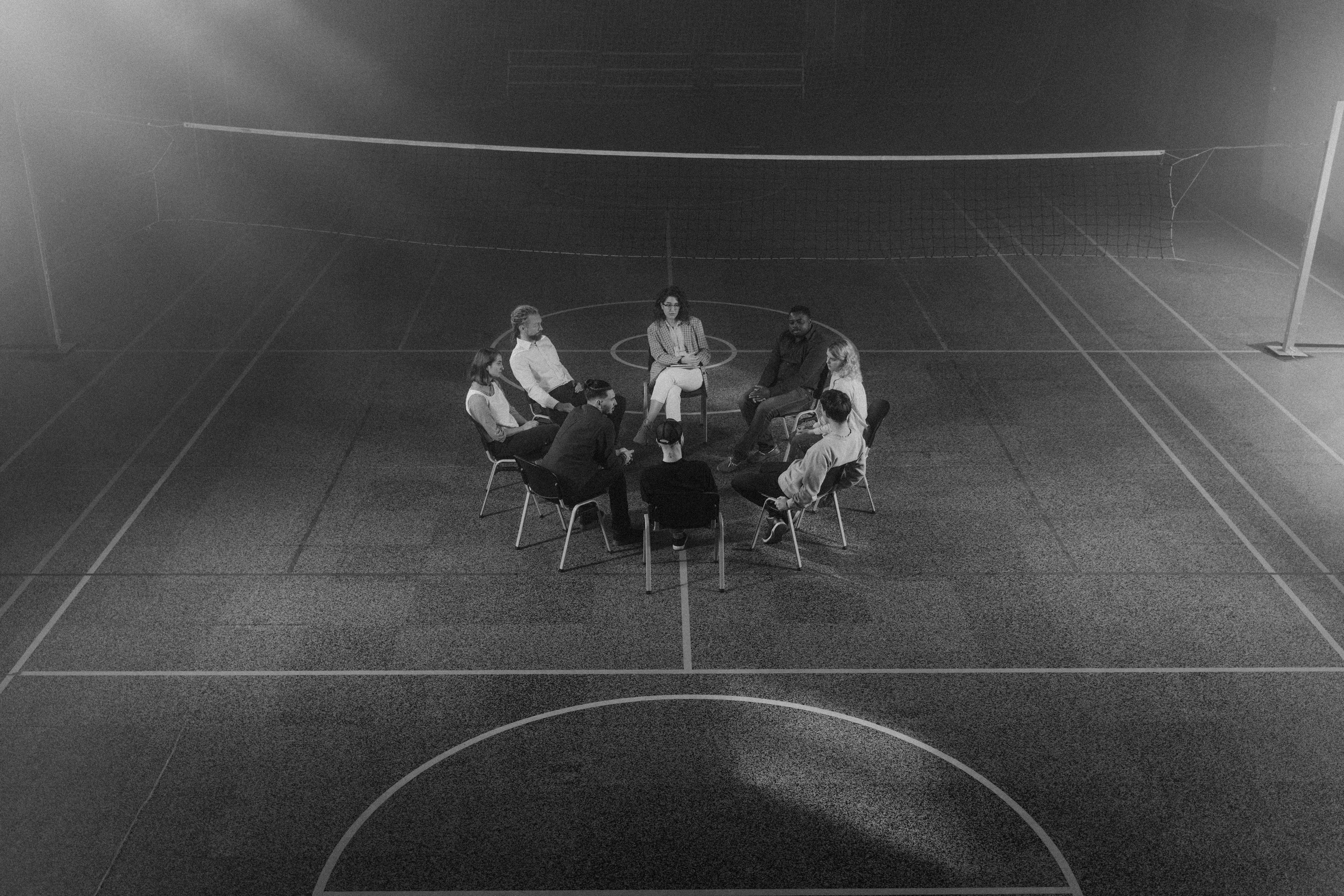I once heard the definition that a Sensei is “Someone who has gone before”. I don’t know if this is true or not, but what I do know is that we can learn from those who have gone before us.
As you get older and practice more Judo, you continually acquire more and more knowledge. I am a firm believer that the day you think you know everything in Judo is the day you should stop coming to Judo because you will have a negative attitude towards training and this might affect the training sessions of other Judokas.
In the last 21 years of Judo I have done a lot of things:
– I have competed in hundreds of Judo tournaments
– I have fought in 4 world championships (plus 1 junior world champion)
– Competed in Grand Prix’s, Grand Slams and the Olympics
– I’ve beaten and dumped some great players.
– I’ve lost to some great players.
– I’ve lost to some terrible players.
– I have been thrown white belts
– And to be honest, I didn’t love every minute of it. She sometimes hated him. Sometimes I loved it. But that is Judo’s competence.
Once someone asked me what competitive judo was like, I replied that “competitive judo is tough, lonely, and amazing.”
Over the years I’ve learned and forgotten some great things, but here are 5 things I wish I’d known as a teenage judoka.
1) Judo is hard, brutal and lonely at times.
If you want to be a good judo player, you have to familiarize yourself with the training on your own. YOU are the one who should set the alarm in the morning and go to the gym. It is YOU who must arrive early for training and leave late. It’s up to YOU to ask questions and remember. It’s up to YOU to study your opponents in your own time and it’s up to YOU to leave them on the mat and fight as hard as you can.
Sometimes you may need to pay for your own travel, but it’s up to you to learn how to save money, how to budget, and how to write letters of sponsorship.
2) Motivation comes from within
How hard you train and how much time you dedicate to judo is up to you, don’t rely on the motivation of others to motivate you. For example, you shouldn’t have to wait for your coach to tell you to get on and do another Randori; you must do it on your own.
For example, I hear people say, “I can’t push myself unless my coach yells at me.” This kind of attitude says that I just don’t want to take on the responsibility of working hard on my own. I know you need a push sometimes, but not every training session for years.
Don’t trust people to pressure you; To be successful, you need to work hard and be motivated. Anything less and he will not succeed and will look to blame coaches and training partners for not pushing him hard enough.
If your coach asks you when you’re coming to your next workout, that’s a good indicator that you’re not training hard enough.
3) Strive to improve yourself, not just prove yourself
Strive to improve your Judo instead of testing your Judo. For example, when I was trying to perfect my Kata Guruma, I would throw intermediate level judoka over and over again. I wanted to prove to my club that I was a good Ippon throwing Judo player. (Be stupid, right?) Then all of a sudden Kata Guruma was banned and I had one less release in my arsenal.
Instead of throwing these intermediate players hundreds of times trying to PROVE ME, I should have been working on other techniques to BETTER MYSELF.
So if you’re training and throwing the same person with the same throw day in and day out, you’re on your way to ruin. Discipline yourself to say NO to some techniques and start attacking with throws you’re not good at. This can be frustrating at first, but you will thank me when your Judo improves drastically.
4) Combinations, combinations, combinations
All shots come out of a combination. This combination can be a grip change, a grip break, or an ashiwaza attack. Either way, start attacking with combo Judo, not single attack Judo.
Make combinations against lefties and righties to make sure your judo improves. Develop attack judo as this is the only judo that wins these days.
5) Learn a great half guard pass
One of the most annoying positions in judo is when you throw someone to score, flip them over and then they wrap your leg and you can’t get your leg out before the referee yells kill. So learn some good half guard passes and execute them like crazy.
6) Disguise your techniques with the same entrance
If you really want to annoy your training partners and opponents, start disguising your shots with footwork. For example, Uchimata and Ouchi gari, Ippon seoi nage, and Kouchi makkikomi. By doing this, your partner will not know which way to react and by doing so, you will have complete control over them.
Also this also relates to your uchikomi. I am a big believer in doing 1 forward throw then 1 back throw when practicing uchikomi. This develops a great awareness of balance for both people.
7) Get out of your comfort zone
Training in the same place day after day not only makes you obsolete but also limits your growth as a judo player and as a person. Get out of your comfort zone.
Go to Japan and do judo (you have no idea how it feels to be the only foreigner on the mat with 400 Japanese judoka).
Another great way to get out of your comfort zone is to participate in a judo or sambo tournament, a Brazilian jiu-jitsu tournament, or a wrestling competition.
Getting out of your comfort zone is the best way to grow as a person and as a judoka.
8) Not everyone wants to see you succeed
There will be people in your world who will tell you that “you can’t do this and you can’t do that”. But don’t listen to those people. Many people laughed at me when I told them that I wanted to represent my country in the Olympics. Some people even said to me, “So you went to the Olympics and only fought once?”
But guess that? Who cares what they think. It is important as a young judoka not to take into account the advice of each person. He picks and chooses who you’re going to listen to.
Oh, and I’ll give you a hint. Don’t listen to the people who bring you down all the time, listen to the people who lift you up and uplift you.
For example, I know a guy who if I lose I’m “desperate” and if I win “I didn’t win fast enough”. Either way, this guy is a lose/lose situation, so I decided long ago not to take his advice because he just hurt my feelings (yes, I have some) and got me down.
So be wise who you listen to.



Recent Comments